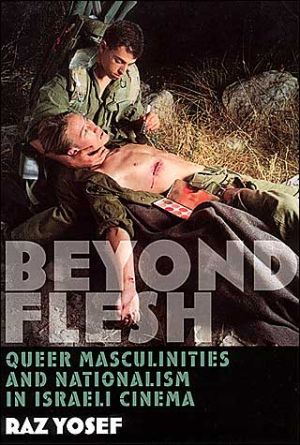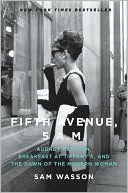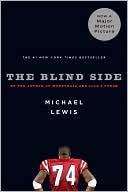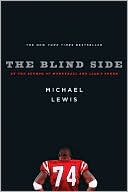Beyond Flesh: Queer Masculinities and Nationalism in Israeli Cinema
Raz Yosef explores Israeli cinemas role in the creation of national identity and the complex ways the marginalization of queerness became necessary to that goal.\ Zionism was not only a political and ideological program but also a sexual one. The liberation of Jews and creation of a new nation were closely intertwined with a longing for the redemption and normalization of the Jewish male body. That body had to be rescued from anti-Semitic, scientific-medical discourse associating it with...
Search in google:
Raz Yosef explores Israeli cinema's role in the creation of national identity and the complex ways the marginalization of queerness became necessary to that goal. Zionism was not only a political and ideological program but also a sexual one. The liberation of Jews and creation of a new nation were closely intertwined with a longing for the redemption and normalization of the Jewish male body. That body had to be rescued from anti-Semitic, scientific-medical discourse associating it with disease, madness, degeneracy, sexual perversity, and femininity -- even with homosexuality. The Zionist movement was intent on transforming the very nature of European Jewish masculinity as it had existed in the diaspora. Zionist/Israeli films expressed this desire through visual and narrative tropes, enforcing the image of the hypermas-culine, colonialist-explorer and militaristic nation-builder, an image dependent on the homophobic repudiation of the "feminine" within men. The creation of a new heterosexual Jewish man was further intertwined with attitudes on the breeding of children, bodily hygiene, racial improvement, and Orientalist perspectives -- which associated the East, and especially Eastern bodies, with unsanitary practices, plagues, disease, and sexual perversity. By stigmatizing Israel's Eastern populations as agents of death and degeneration, Zionism created internal biologized enemies, against whom the Zionist society had to defend itself. In the name of securing the life and reproduction of the new Ashkenazi Jewry, Israeli society discriminated against both its internal enemies, the Palestinians, and its own citizens, the Mizrahim (Oriental Jews). Yosef's critique of the construction of masculinities and queerness in Israeli cinema and culture also serves as a model for the investigation of the role of male sexuality within national culture in general.
AcknowledgmentsIntroduction11The Zionist Body Master Narrative162Cannon Fodder: National Death, Homoeroticism, and Male Masochism in the Military Film483The Invention of Mizrahi Masculinity844Homoland: Interracial Sex and the Israeli/Palestinian Conflict1185The New Queers: Sexual Orientation in the Eighties and Nineties142Notes173Filmography191Index193








